How to Save for a House Down Payment in Your 20s and 30s
Aug 25, 2025
We get it, owning a house seems like a dream that can never come true. All you hear about in the news is the affordable housing crisis and the price of real estate growing faster than Alix Earle’s follower count. The goal post keeps moving- once you’ve saved up enough money for a down payment on your dream house, that same house is now way out of your price range. But we’re here to help! So if you’re a first time home buyer let’s get you started on working towards getting that dream home - without the stress! Let’s break it down.
What is My Down Payment?
The first step to purchasing any home is getting your down payment in order. That’s the big chunk of money you’ll need to put down upfront. Depending on the type of loan you get, that can be anywhere from 5-20% of the home’s purchase price. Of course, at Soro, we recommend you to put down as much as you’re able to- closer to 20%. Why 20%? Because, like any market, the housing market can be volatile- that means that prices can go up, but they can also go down. And while it’s unlikely prices will go down 20% or more, it is very likely it will go down closer to 5%. That means that if the value of your home goes down with you having smaller down payment, you could end up owing the bank MORE money than your house is actually worth! Don’t put yourself in a position to be exposed to that type of risk. Aim for 20% down payment if possible. Another bonus? It will lower your monthly mortgage payment as well!
Saving for a Down Payment
So now let’s get into how we’re actually going to afford it!
The first step to accomplishing anything is always having a plan. Being able to save tens of thousands of dollars doesn’t happen by accident. It requires consistent, disciplined, effort over a long period of time. It might seem daunting but here are some ways to make it easier.
- Figure out exactly how much you will need. How do you do this? Check out our blog post HERE to figure out how much house you’re actually able to afford. Then, look at what the down payment will cost: 20% of the home’s value. Don’t forget to calculate in closing costs and moving costs, and as always, the inevitable extra trip to Ikea.
- Create a budget! We know we say this a lot, but it’s true. You won’t get far in personal finance without a budget. Even if you’re not tracking every little expense (who’s got time for that?!) You’ll still need to create room in your monthly spending to put money aside for your future dream goals.
- Reverse engineer it. If you’re starting with your down payment number, for example $50,000, and your time frame for that goal is 5 years, you would need $10,000 a year or $833 a month. And rather than building a budget and figuring out how much you have left- if this goal is your main priority, build your budget with this expense first and then plan the rest of your spending around it.
- Set up automatic transfers. Automatic transfers are the ultimate hack. It means you don’t have to think about it- your down payment is being saved without you having to force yourself to have the discipline and motivation to actually make the transfer yourself every month. Also, you definitely don’t want that down payment money sitting in your checking account. It becomes way too risky that you’ll accidentally spend it and it’s too tricky to track your progress when it’s mixed in with your other spending and deposits causing you to lose focus and motivation. Instead, open up a High yield savings account. This is a special type of account that actually gives you some money back every year just for keeping your money stored there! So your savings won’t just stay as cash under your mattress, but grow as well helping you reach your goals faster!
- Make sure you have a solid credit score. What’s a credit score? Check out our blog post for a more in depth explanation HERE! But let’s explain why this is relevant if you’re looking to buy a house. The better your credit score, the better mortgage rates you’ll be able to get. That means you’ll have a lower monthly payment and pay less money to the bank over the course of your loan. Which means: faster home pay off, more home equity, and bottom line is more money for YOU! Who doesn’t want that?
Words of Warning
If you’re in the process of saving for your down payment, make sure you AVOID these traps!
- Don’t sacrifice your retirement savings for your down payment. It might seem tempting to pause your retirement in order to be able to put more money away for your down payment. Buying a house is a financial goal that comes before retirement so it’s ok to save for that later, right? Wrong! You’ll be missing out on that employer match (free money!) and so many years of compound growth. Not just any years, but the early years, the ones that matter most to building your future wealth. So go ahead and save for that down payment, just make sure you’re maxing out that Roth IRA as well.
- Don’t invest your down payment savings into the stock market. For any goals that are within a 3-5 year time frame, we recommend leaving that liquid (which means, cold hard cash). Yes, if you invest it, your investments could grow, but it’s also just as likely they could go down. And that means you could lose years towards your goal of buying a house. Keep it in the HYSA. You’ll get extra interest, but also avoid the risk of losing your money.
Bottom Line
Saving for a large down payment can feel intimidating. But at Soro, we are here holding your hand and cheering you on, every step of the way! If you are mindful of your goals and then plan and budget around said goals, success is inevitable. So with a little bit of planning, it doesn’t have to be so complicated.
Want the full picture on mortgage, real estate, and budgeting and investing? Then check out our Ultimate Money Guide it’s built to get you started on your path to financial freedom and hit those homeownership goals- and BEYOND!
SUBSCRIBE FOR WEEKLY LIFE LESSONS
Lorem ipsum dolor sit amet, metus at rhoncus dapibus, habitasse vitae cubilia odio sed.
We hate SPAM. We will never sell your information, for any reason.

